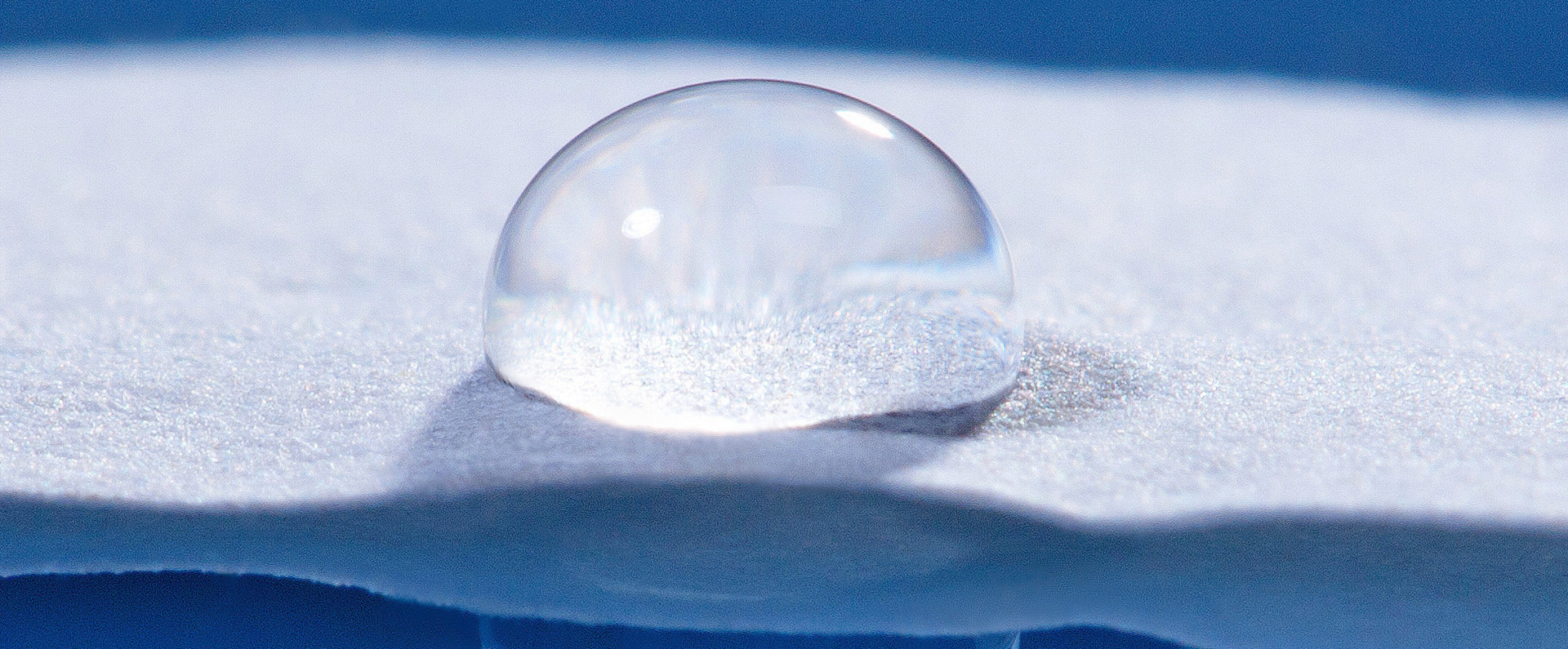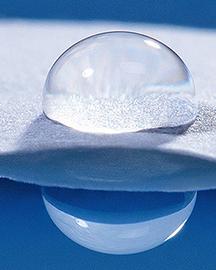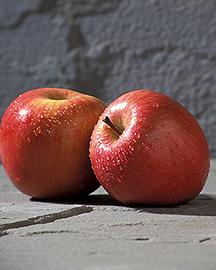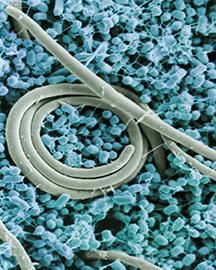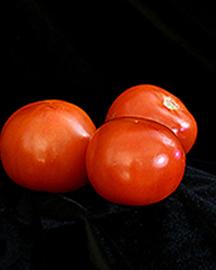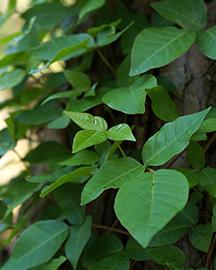Rethinking the Old Adage About Oil and Water Not Mixing
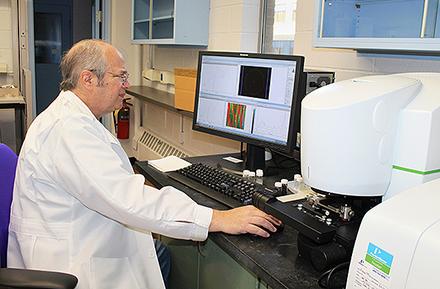
Oil is hydrophobic, meaning “water-fearing” (or repelling), so when you try to combine water and oil, they separate into distinct layers, even after a good shaking. But scientists at the ARS National Center for Agricultural Utilization Research in Peoria, IL, have found a way around this phenomenon using two abundant agricultural commodities — corn starch and vegetable oil. In the process, they created a stabilizer that opens the door to all sorts of useful food-grade and industrial applications.
Central to the scientists’ efforts is the use of common food- and paper-processing methods to combine high-amylose cornstarch with salts derived from fatty acids in vegetable oil. The result is a stabilizer known as an “amylose inclusion complex” (AIC) with potential use in everything from salad dressings, sauces, and ice creams, to industrial products such as paints, glues, films, and cleaners. Scientists are also investigating AIC’s use as an emulsifier for essential oils from garlic, asafoetida (a type of spice), and other plants that are toxic to mosquito larvae but not the environment. The emulsions allow the oil droplets to disperse in water, contrary to their natural tendency. This, in turn, increases the likelihood of contacting and killing the larvae as a botanical alternative to synthetic insecticides. Certain AICs can also control fungi, bacteria, termites, and nematodes.


